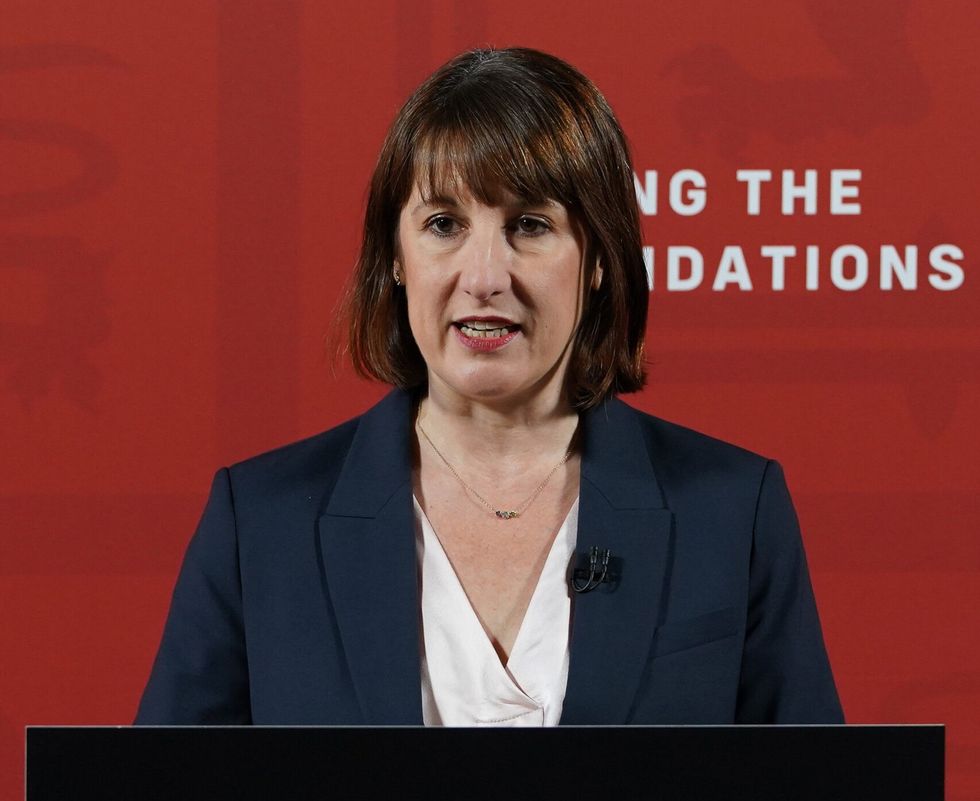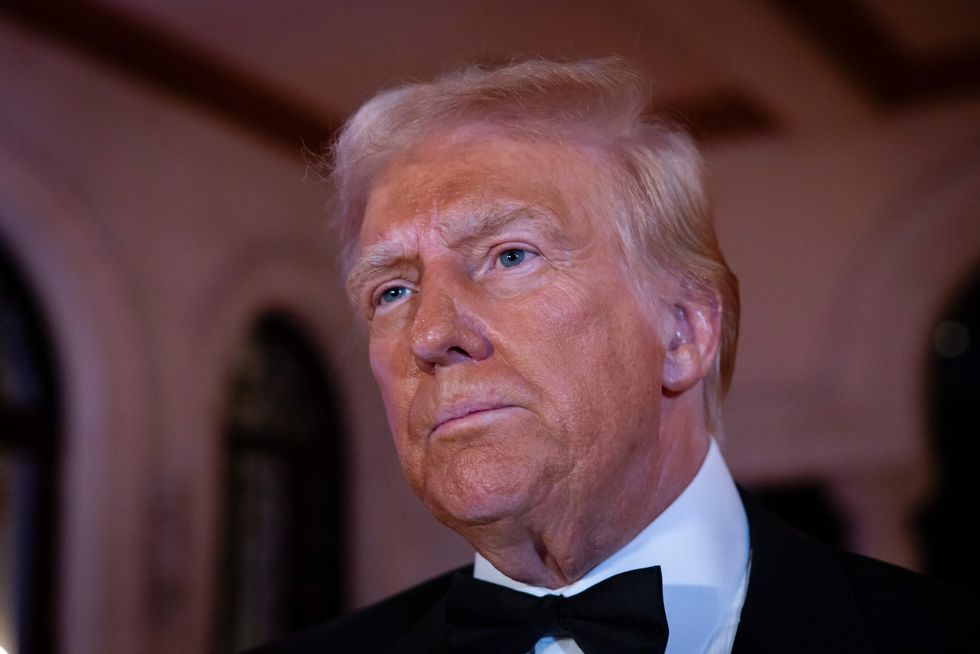PAKISTAN’S central bank cut its key policy rate by a bigger than expected 200 basis points to 17.5 per cent last Thursday (12), the third straight reduction since June as the country looks to spur growth as inflation eases.
“The pace of this disinflation has exceeded the committee’s earlier expectations,” the State Bank of Pakistan said. In a monetary policy statement, it attributed this to a delay in the implementation of planned increases in energy prices and falling global oil and food prices.
Last Thursday’s move follows cuts of 150 basis points (bps) in June and 100 bps in July that have taken the rate down from an all-time high of 22 per cent – set in June 2023 and left unchanged for a year.
Pakistan’s annual consumer price inflation rate slowed to 9.6 per cent in August from a multi-decade high of nearly 40 per cent in May 2023.
“The MPC assessed the real interest rate to still be adequately positive to bring inflation down to the medium-term target of five per cent – seven per cent and help ensure macroeconomic stability,” the bank said. “This would be essential to achieve sustainable economic growth over the medium term,” it said.
The bank said there was a possibility that average inflation for the fiscal year ending 2025 would fall below the previous forecast of 11.5 per cent to 13.5 per cent.
Economic indicators have stabilised since last summer when the country came close to a default before a last-gasp bailout from the International Monetary Fund (IMF). However, concerns have risen once again, with the global lender’s board yet to approve a staff level agreement struck in June for a new, $7 billion (£5.31bn), three-year programme that includes the requirement that Pakistan boost its external financing.
The central bank said its forecasts were partially contingent on “timely” foreign inflows as well as continued fiscal prudence by the government.
The government initially said it expected the board approval in August, and later said it was likely in September.
However, Pakistan central bank governor Jameel Ahmad told analysts in a briefing following last Thursday’s rate cut that external financing requirements had been met, and that he still expected the IMF board’s programme approval in September.
He added that he expected Pakistan’s foreign exchange reserves to increase above $12bn (£9.11bn) by March, up from $9.5bn (£7.21bn) currently, as inflows would increase after the IMF approved Pakistan’s programme.


















 Rachel Reeves
Rachel Reeves

 Donald Trump
Donald Trump